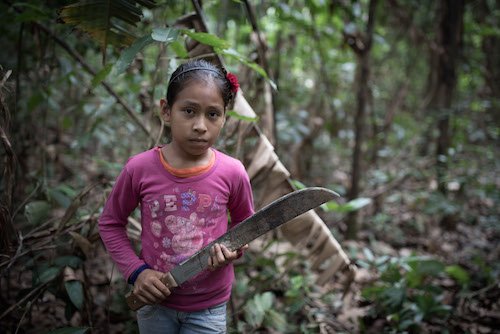Education Challenges for the Children in Raja Ampat, Indonesia
Raja Ampat, known primarily for its marine biodiversity and beautiful archipelago in West Papua, Indonesia, faced some education-related challenges like many remote areas. Here’s an overview of the education issues in such areas:
1. Accessibility: Given the archipelagic nature of Raja Ampat, it can be challenging for children in remote islands to access schools, especially secondary schools which might be located on different islands. Transportation can be problematic and time-consuming.
2. Infrastructure: Many schools in remote areas might lack necessary facilities, including libraries, laboratories, or even basic classroom infrastructure. This impacts the quality of education.
3. Qualified Teachers: Attracting and retaining qualified teachers in remote areas is often a challenge. Teachers might be reluctant to move to isolated areas due to lack of facilities and the geographical remoteness.
4. Cultural and Language Barriers: West Papua is home to a multitude of ethnic groups, each with its own language and culture. This diversity can present challenges in terms of language of instruction and understanding cultural nuances.
5. Limited Resources: Books, computers, and internet access can be limited. This affects the students’ ability to access information and learn in a contemporary way.
6. Economic Factors: Many families in Raja Ampat depend on fishing and tourism for their livelihood. This might sometimes result in children being asked to assist their families rather than attend school, especially during peak seasons.
7. Preservation of Local Culture: Balancing modern education with traditional knowledge and values is essential. There’s a need to integrate local wisdom and culture into the curriculum to make it more relevant to the students’ lives.
8. Environmental Education: Given that Raja Ampat is one of the world’s most biodiverse marine regions, there’s a significant opportunity (and necessity) to teach students about environmental conservation. However, resources and expertise to teach this effectively might be lacking.
Efforts have been made by local governments and NGOs to address these issues. Collaborative programs with international organizations also aim to improve the quality of education in the region. However, the geographical challenge combined with economic factors make it a long-term effort to entirely address these challenges.


